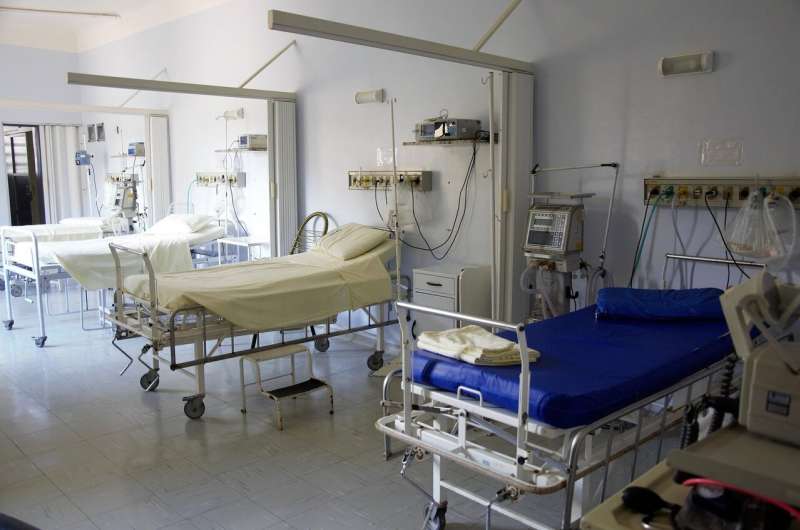Black patients significantly less likely to live independently after surgery

Black patients are 1.5 times less likely than white patients to live independently after surgery, according to a large, first-of-its-kind study being presented at the ANESTHESIOLOGY 2021 annual meeting.
The study, which is the first to assess the association of race and functional recovery after surgery, found Black patients are significantly more likely than white patients to be discharged to a skilled nursing facility rather than their own homes, even when insurance status and estimated household incomes were similar. Black patients, however, were more likely to have severe diabetes and high blood pressure, which likely slows recovery after surgery. Many patients who are discharged to a nursing facility after surgery never return to an independent life at home—often needing to stay in long-term care or requiring care at home, the authors note.
"The first step toward addressing inequities in health care is identifying them, and our findings point to factors that can be modified and potentially help improve the odds of going home after surgery," said Matthias Eikermann, M.D., Ph.D., senior author of the study, chair and Francis F. Folders Professor of the Department of Anesthesiology at Montefiore Medical Center and Albert Einstein College of Medicine, New York. "It is important to identify patients who have diabetes and high blood pressure during the preoperative assessment and ensure they are prescribed medicines to manage their conditions, which may help lower their risk of losing the ability to live independently after surgery."
This study is the first project of the Health Outcomes and Perioperative Equity (H.O.P.E.) group of Massachusetts General Hospital, Beth Israel Deaconess Medical Center, and Montefiore Medical Center whose members analyzed the records of 378,747 patients who had non-cardiac surgery between January 2008 and February 2020 at two Boston hospitals, 38,911 of whom were non-Latino Black and 339,836 of whom were non-Latino white.
They found 7.5% of Black and 6.9% of white patients who had been living at home were discharged to a skilled nursing facility after surgery, instead of returning home. This means Black patients were 1.5 times less likely than white patients to live independently after surgery. They also found 12.3% of Black patients had severe diabetes vs. 5.1% of white patients, and 43.8% of Black patients had high blood pressure vs. 32.8% of white patients before surgery. Overall, 34.6% of the effect of race on postoperative loss of the ability to live independently was explained by patients having severe diabetes or high blood pressure before surgery.
Black patients with severe diabetes and high blood pressure also were 1.5 times less likely to live independently after surgery than Black patients who didn't have these conditions, the authors note.





















